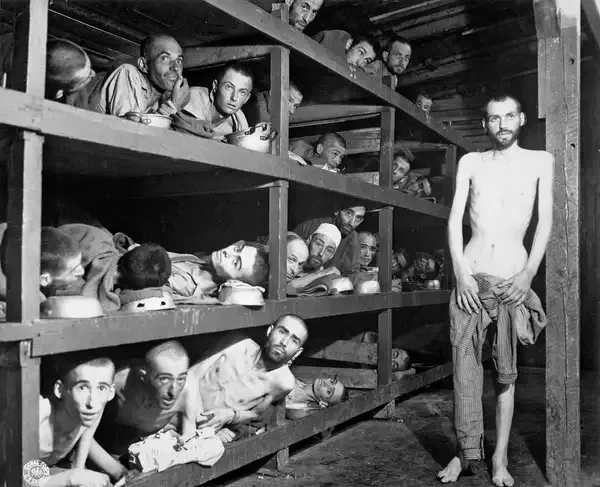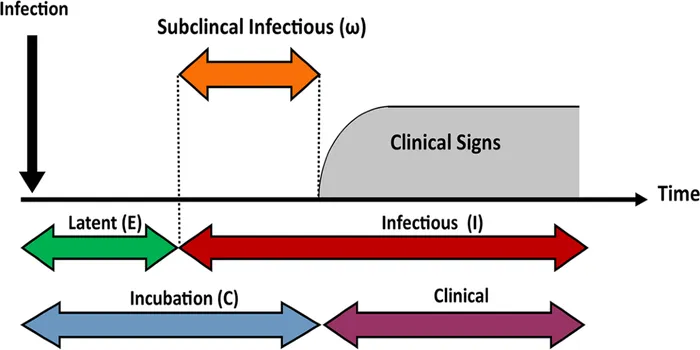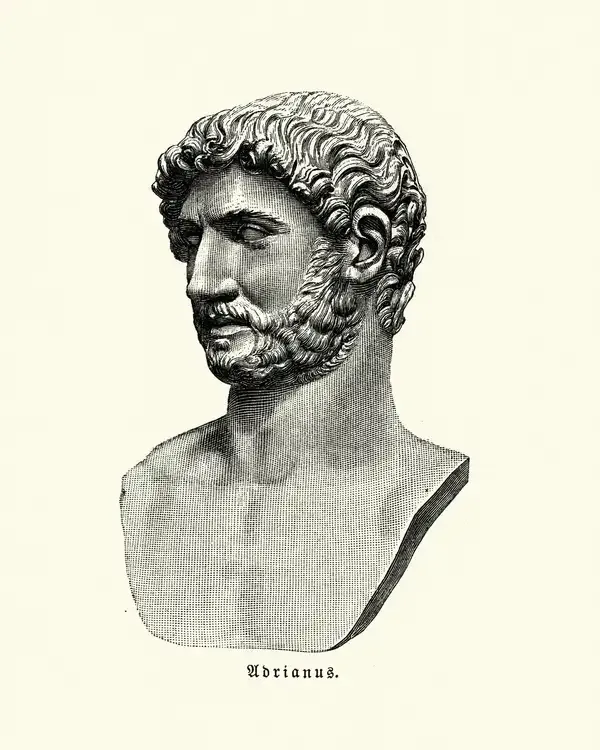What Is the Origin of the Term Holocaust?
The term "Holocaust" originates from the Greek word "holokauston," meaning "a sacrifice consumed by fire." Historically, it referred to a burnt offering in religious rites. The word gained its modern association during the mid-20th century, specifically describing the genocide of six million Jews and millions of others by the Nazi regime during World War II. It underscores the systematic, state-sponsored persecution and annihilation, emphasizing the horrific scale and method of destruction akin to a catastrophic inferno.

Understanding the Term Holocaust
The term ''Holocaust'' is often associated with the systematic extermination of six million Jews and millions of others during World War II by the Nazi regime. However, the origins of the term itself are complex and rooted in historical language. To fully grasp its meaning and implications, it is essential to explore its etymology and how it has evolved over time.
Etymology of the Term
The word “Holocaust” originates from the Greek word ''holokauston'', which translates to “sacrifice by fire.” The term combines two Greek roots: ''‘holos’'', meaning “whole,” and ''‘kaustos’'', meaning “burnt.” Historically, it referred to a ritual sacrifice in which the entire animal was consumed by fire as an offering to God. This connection to sacrifice has led to various interpretations of the term throughout history.
Historical Usage
Before it became synonymous with the Nazi genocide, the term ''Holocaust'' was used in religious contexts. For instance, in the Old Testament, the term was used to describe various offerings made to God. It wasn't until the mid-20th century that the term began to take on its modern connotation related to the atrocities committed during World War II.
Shift in Meaning
In the immediate post-war period, the term ''Holocaust'' was not widely used to describe the genocide of the Jews. Instead, various terms, such as ''“Final Solution”'' or ''“Jewish Catastrophe”'', were more prevalent. It wasn't until the mid-1960s, particularly following the ''Eichmann Trial'' in 1961 and the release of the miniseries ''“Holocaust”'' in 1978, that the term began to gain traction in popular culture. The term started to encapsulate the broader scope of Nazi atrocities, including the murder of Jews, Roma, disabled individuals, and other marginalized groups.
Contemporary Understanding
Today, the term ''Holocaust'' is widely recognized and used to refer specifically to the genocide of Jews during World War II. It is crucial for educational purposes and to honor the memory of the victims. The term has become an essential part of Holocaust education and remembrance, fostering awareness about the dangers of hate, intolerance, and discrimination.
The Importance of Language in Historical Context
The evolution of the term ''Holocaust'' highlights the importance of language in shaping historical narratives. The way we use language not only reflects our understanding of past events but also influences how future generations perceive those events. As discussions around the Holocaust continue to evolve, so too does the language we use to describe it.
Chart: Evolution of the Term “Holocaust”
| Time Period | Usage of the Term | Context |
|---|---|---|
| Ancient Times | Holokauston | Referring to a whole burnt offering in religious rituals. |
| Early 20th Century | Minimal Usage | Used in various contexts but not specifically tied to World War II. |
| Post-World War II | Final Solution | Focus on Nazi plans for the extermination of Jews. |
| 1960s | Emerging Usage | Term begins to be used more frequently in discussions about Nazi atrocities. |
| 1970s and Beyond | Common Usage | Holocaust becomes the accepted term for the genocide of Jews and other victims. |
Conclusion
The term ''Holocaust'' serves as a poignant reminder of one of the darkest chapters in human history. Understanding its origins and evolution is essential for ensuring that the memory of the victims is preserved and that the lessons learned from this atrocity continue to resonate today. By engaging in thoughtful discussions and education around the term, we contribute to a collective understanding of the past and promote a future free from hate and discrimination.
As we reflect on the meaning of the ''Holocaust'', it is vital to remember the importance of language in conveying the weight of historical events. The term is not merely a label; it encapsulates the suffering of millions and the imperative to remember, educate, and advocate for a world where such atrocities are never repeated.












